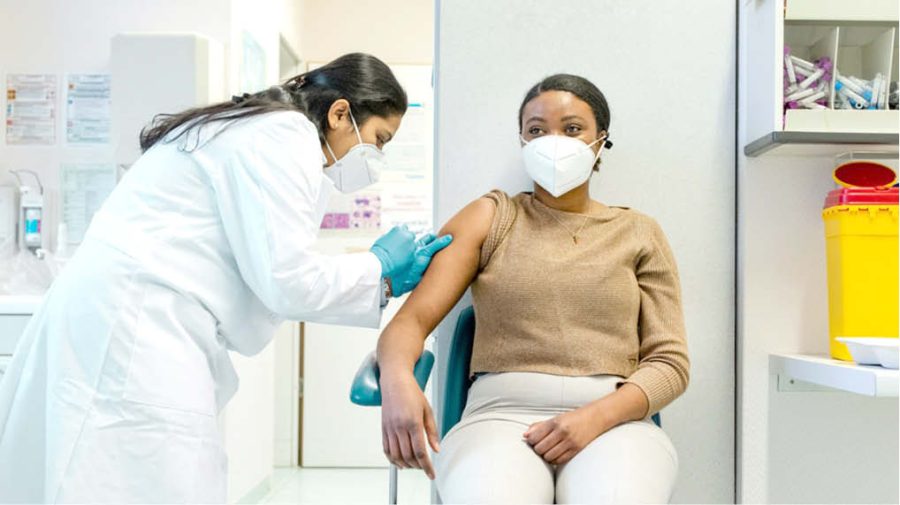THERE have been several reports linking Covid-19 vaccines to changes to people’s menstrual cycles.
What do we know about this potential link so far? Medical News Today has spoken with researchers, physicians, and people who have experienced changes to their own cycles after receiving their vaccines to find out.
Covid-19 vaccines are arguably the world’s most important tool in the fight against the Covid-19 pandemic.
Around the world, 19 vaccines have received emergency use authorization from the relevant regulatory authorities in at least one country.
However, one issue has continued to agitate the minds of the general public and health experts alike: What side effects might these vaccines cause, how often, and under what circumstances?
Commonly reported side effects across the different types of vaccines include fevers, fatigue, headaches, and body aches.
Stay informed with live updates on the current Covid-19 outbreak and visit our coronavirus hub for more advice on prevention and treatment.
Serious side effects are extremely rare, and national and international health agencies continue to collect and monitor reports about any adverse reactions.
However, as vaccination rollouts have progressed around the world, some people have pointed out a potential side effect that feeds into existing debates about the gender data gap in medical research: changes to the menstrual cycle.
There have been many anecdotal reports of changes to people’s menstrual cycles after receiving a Covid-19 vaccine, yet specific data about this phenomenon’s frequency are currently scarce.
Information that The Times obtained indicates that in the United Kingdom, the Medicines & Healthcare Products Regulatory Agency received almost 4,000 reports of changes to people’s periods after a Covid-19 vaccine by May 17, 2021.
Of these, 2,734 cases occurred after the Oxford-AstraZeneca vaccine, 1,158 occurred after the Pfizer-BioNTech vaccine, and 66 occurred after the Moderna vaccine.










